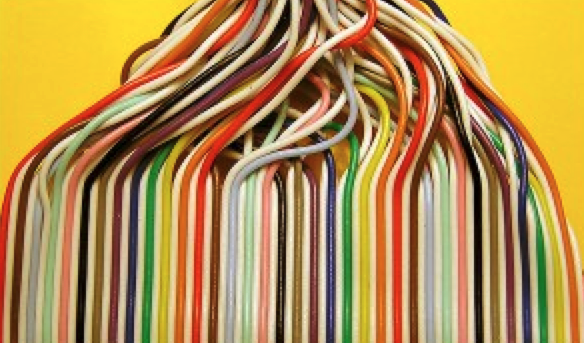
📑A collection of my favourite research ideas on habits and practice.
Getting teachers to practice is arguably the most challenging aspect of PD. It’s so much easier to put together some great resources and teach through presentation and discussion.
🧵...
Getting teachers to practice is arguably the most challenging aspect of PD. It’s so much easier to put together some great resources and teach through presentation and discussion.
🧵...

❓A great session designed like this can leave teachers excited and motivated to change. Yet this can often fail to have any real impact on classroom practice. Why is this?
Seven things the research tells us about the importance of deliberate practice:
Seven things the research tells us about the importance of deliberate practice:
1.Habits form very quickly under conditions of time pressure, stress or frequent action repetition. Teaching is a perfect crucible for quickly forming ‘concrete’ habits that can be very difficult to break (Sims, Hobbiss & Allen, 2020).
drive.google.com/file/d/1ivsudQ…
drive.google.com/file/d/1ivsudQ…
2.CPD that aims only to change what teachers think or know is unlikely to impact on performance for this reason(Sims, Hobbiss & Allen, 2020).
3. “…habits possess conservative features that constrain their relationship with goals.” Once they are formed, habits remain stable in the face of new experiences and goals (Wood & Neal, 2007). researchgate.net/publication/59…
4.Conscious thought is slow and effortful; automatised action is fast and efficient. When these generate conflicting outcomes (I am in the habit of doing X, but I’ve learnt that Y is a better action), the automatic behaviour will win (Feldon, 2007).
researchgate.net/publication/23…
researchgate.net/publication/23…
5.Teaching is an ill-structured domain that poses very high cognitive load. Learning anything in situations of high load is difficult. Automising key areas of teaching practice can help to mitigate this (Feldon, 2007).
6.When working memory is exceeded, teachers discard recently learned strategies to use "older (childish?) and more automatic and destructive alternatives" (Feldon, 2007).
In other words, even if they learn something new and have initial success, high load situations can cause teachers to backslide to more long-established habits.
7.Change requires teachers to incorporate new ideas into stable systems of practice that are ‘already satisfactory and may also be largely habitual.’ Knowing about change isn’t enough: teachers must form habits around the change. (Kennedy, 2016)
researchgate.net/publication/29…
researchgate.net/publication/29…
Just giving teachers information isn’t enough to bring about a real change to practice. Even if we help teachers to generate new insights or adopt new goals, to help teachers change, we need to help them to change their habits.
• • •
Missing some Tweet in this thread? You can try to
force a refresh






